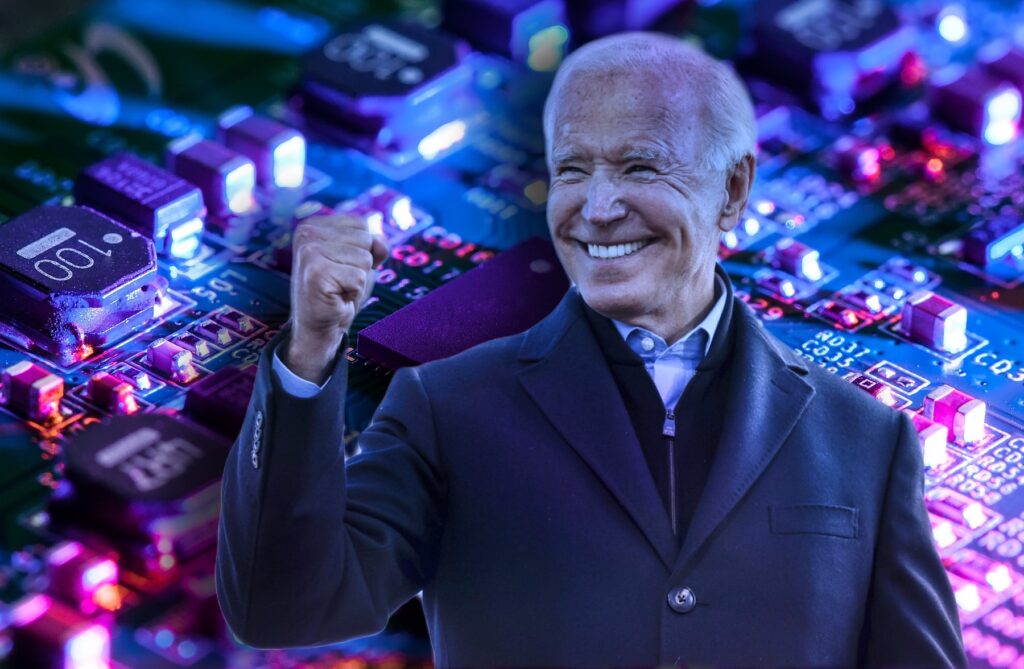American companies fear they will not be able to produce next-generation electronics to meet the growing demand for teleworking due to COVID-19 due to a shortage of semiconductors.

Christian Carlos. Pen 360 Press [P360P].
Earlier this week, U.S. President Joe Biden held a virtual summit - organized by The White House? to discuss the issue with world technology experts to talk about the shortage of semiconductors that is threatening the technology industry, when most of the technology companies are based in the US, specifically in Silicon Valley, California.
At the summit, the US president urgently assured that
